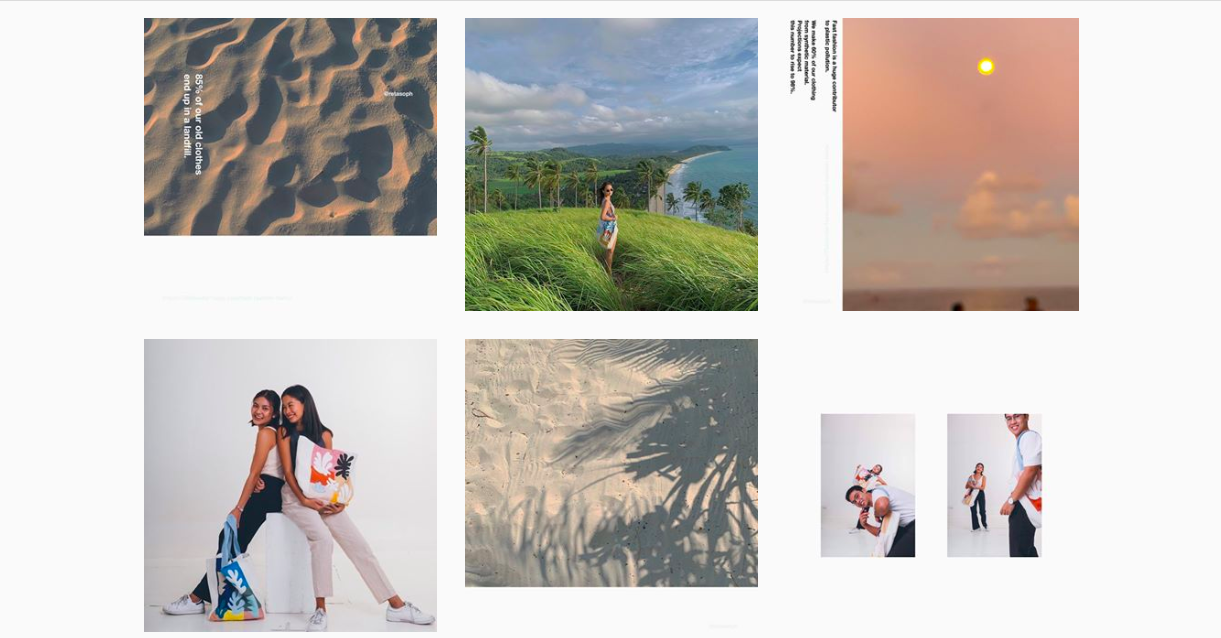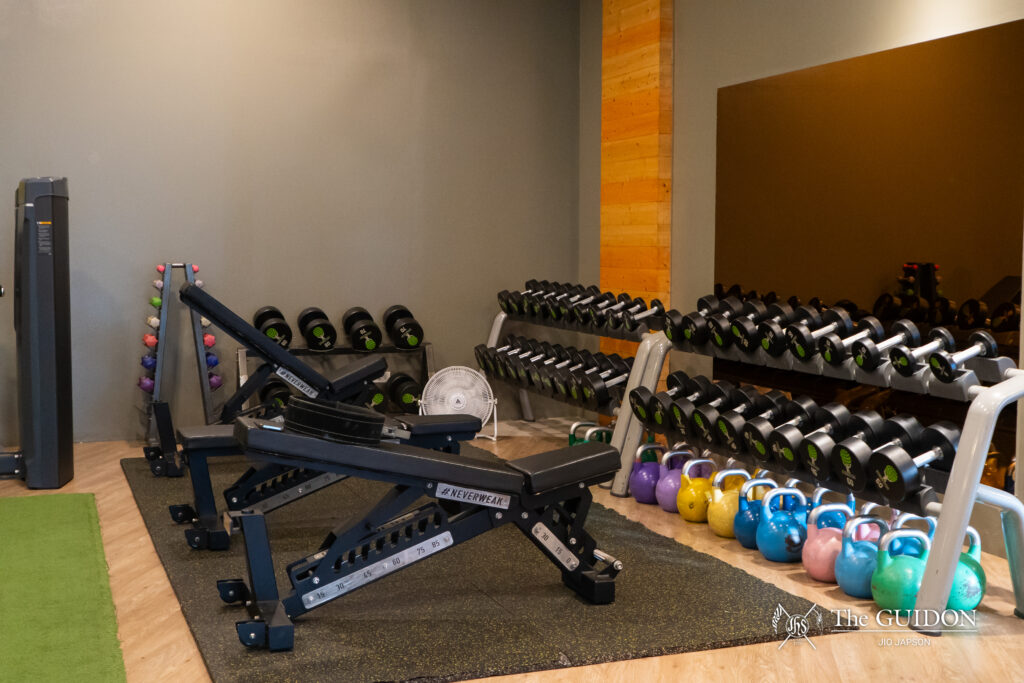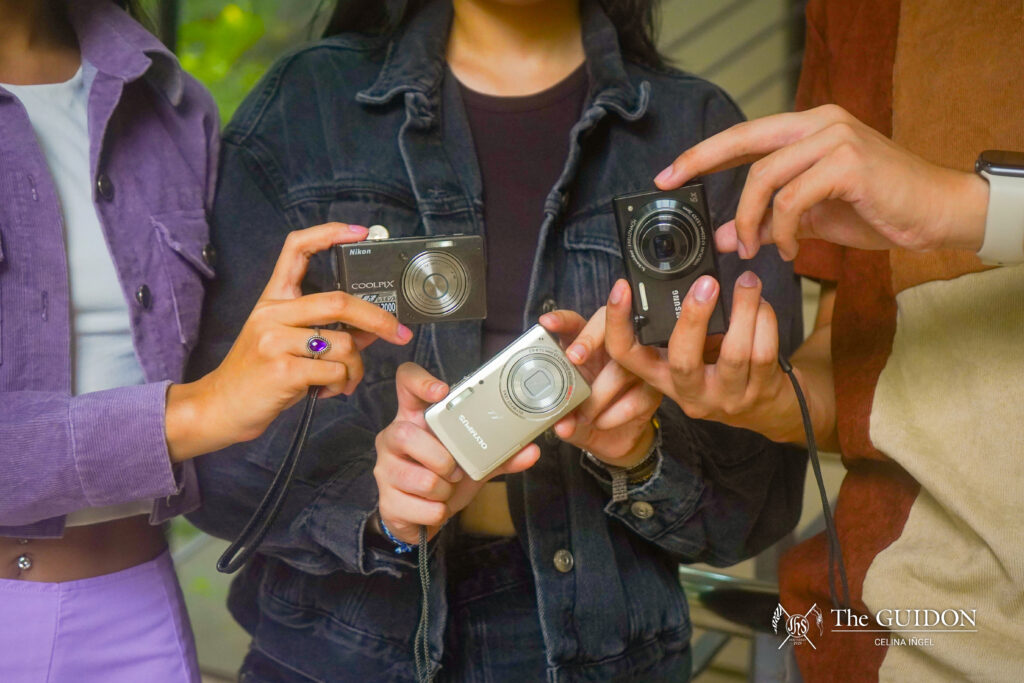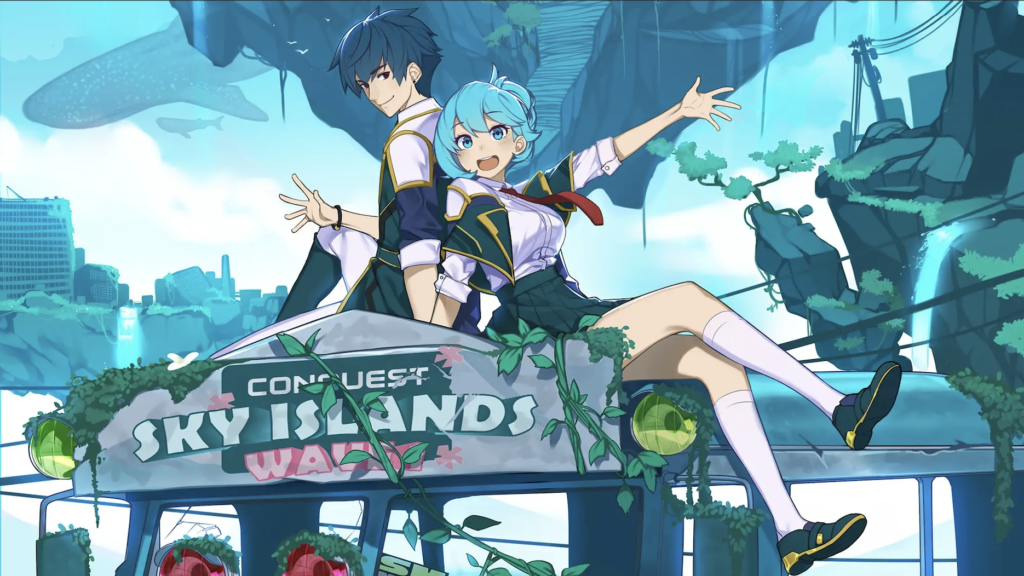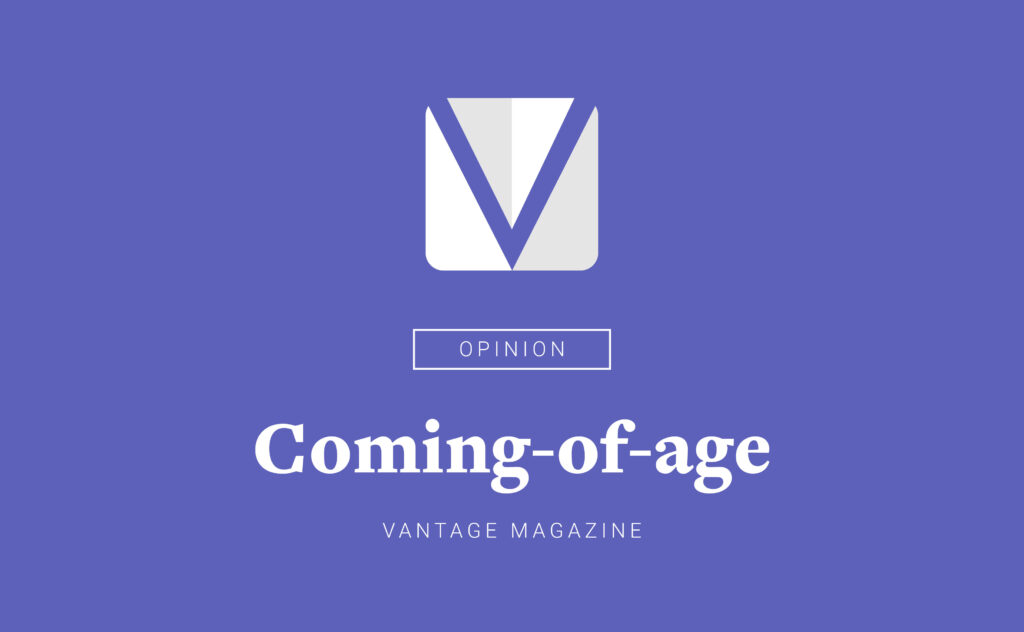Behind the glitz and glamour of fashion lies an ugly truth: Many brands have a less-than-stellar track record when it comes to the environment. Responsible for greenhouse gas emissions and textile waste, the industry is considered unsustainable. Now, with climate change in the spotlight, fast fashion—the creation of cheap clothing made for short-term use—and its environmentally harmful production cycle and disposal practices is under more scrutiny than ever.
Many calls have been made for a more sustainable industry, and some brands are answering these collective pleas. However, many still assume that environment-friendly clothing remain out of reach. For changemakers looking to update their wardrobe, Vantage presents some homegrown fashion brands that carry sustainable yet stylish items.
Price range: ₱-₱₱
Wear Boys Go is an Instagram thrift store founded by Sie Lok “Lau” Camarote, who has a passion for sustainable fashion. While he was still studying, he would search for vintage bags at ukay-ukay establishments or secondhand stores that sold them for Php 10 to Php 50. However, it wasn’t until watching True Cost (2015), a documentary exposing the horrors of fast fashion, that he shifted to thrifting as an eco-friendly yet affordable alternative.
Now, Lau and his team share their creativity with the world by handpicking and altering thrifted items before putting them up for sale. “This is one of the most sustainable ways to shop since no new resources are needed. Re-wearing clothes reduces waste and pollution,” he says. Moreover, physical thrift stores often house cheap, vintage garments—clothes you can’t just find on the rack at malls or popular stores. But these ukay-ukays are usually huge places to comb through. Lau then found an opportunity to sell a more curated collection online for a niche market.
“Shops like us exist so you can thrift in the comfort of your homes,” he says. “We are also a great reminder that ukay-ukay can be made fashionable and chic.” Most of his clothes sell for Php 400 to Php 1000. If you’re lucky, you might even snag a branded piece at a fraction of its original price!
Price range: ₱-₱₱
Shop Florice owner Kimberly Roxas was always aware of the negative effects of fast fashion, but she wasn’t exposed to many sustainable alternatives. In 2018, she stumbled upon an online vintage shop, Na Nin, which inspired her to create her own online thrift store for Filipinos looking to go green.
Kimberly then set out to highlight reusability and sell thrifted pieces. Shop Florice aims to debunk the misconception that these items are of lower quality. “All of the clothes I sell are handpicked by me, and I choose high-quality pieces that will last a lifetime,” she says. Kimberly prices these valuable finds from Php 400 to Php 1200.
The recent popularity of vintage clothing has been doing wonders for her sales too. With business going well, Kimberly is looking forward to shipping internationally soon—taking not only her products, but also her advocacy of sustainability worldwide.
Price range: ₱₱
The Earth Apparel’s t-shirts are sure to make a statement. Its founder, Sam Lim, envisioned selling graphic tees that not only make a great addition to the wardrobe, but also contribute to the protection and well-being of wildlife. The brand currently has three shirts featuring three different designs: “The Pawikan,” “The Panthera,” and “The Agila,” with the proceeds of each allotted to the Pawikan Conservation Center, the Leonardo DiCaprio Foundation, and the Philippine Eagle Foundation, respectively.
On the road towards a more animal-friendly future, The Earth Apparel recognizes the importance of both education and action. “When it comes to the The Earth Apparel, there’s more to it,” Sam adds. “When we release our products, we post the facts about the situations—what’s happening in the world. We also tell the customer about the organization that’s helping them out and what they [can] do to save this species.”
Beyond animal welfare, the brand hopes to not only highlight wildlife conservation in their clothing but care for all aspects of life as well. Staying true to the tagline “For life, the living, and where we live,” they plan to release collections that tackle personal health (“the living”) alongside the environment (“where we live”). They are also exploring how shirts can be made from recycled plastic bottles. With all these bright plans for the world, The Earth Apparel is definitely a brand to follow.
Price range: ₱₱
The brand Retaso offers colorful totes as an alternative to regular plastic bags. This initiative is backed by a web of other social and environmental efforts by two sisters, Natasha and Isabella Tanjucto. They started with the creation of a youth-led empowerment organization called Kids for Kids in 2015. In 2016, the Philippine chapter of Bye Bye Plastic Bags was established as its sister organization. And eventually, Retaso was launched as the profit-generating arm of the sisters’ projects, while being a solution to textile waste.
“[The] first and simplest way for the industry to become more sustainable is to generate ideas in reusing and upcycling textile waste,” Natasha says. “Our bag is completely made from either upcycled textile waste or deadstock fabric that is no longer used.” And so, many well-known local brands such as Wear Anika, Studio Seventeen, and Balud Swimwear have stepped up to donate their leftover fabric. Most notably, Retaso created its Alon bags using the spare fabric of the acclaimed designer Rajo Laurel. For fashion geeks and conservationists, this is a great chance to be both chic and environmentally-conscious.
Price range: ₱₱ – ₱₱₱
Another initiative by the Tanjutco sisters, the clothing brand Tayo was set up as the mother company of all their activities so far. “We aim to be where sustainability and creativity meet,” Natasha explains.
To showcase local creativity, Filipino designs are the focal point of Tayo’s clothing. “We wanted to manifest our various advocacies into timeless pieces that carry our culture with them.” Natasha says. Modern takes on the baro’t saya for women and kamisa de chino for men are some of their offerings. These are made sustainable with organic textiles such as linen, ramie, piña-linen-cotton blend, and piña seda.
Through these designs, the brand proudly promotes the Philippine textile industry alongside its environmental mission. “When people purchase our products, they contribute to a significant advocacy and in turn support local,” Natasha says. “We really aim to use 100% local materials and fair trade.” This advocacy certainly makes Tayo a much-awaited socially conscious label, as they release their first collection in 2020.
These five fashion brands are proof that you don’t have to swear off shopping to reduce your carbon footprint. When we attempt to become more aware of companies’ processes, research on what they stand for, and patronize sustainable products, we already take big steps towards protecting the world we live in. All that’s left is to start today.
Editors’ Note: This article aims to highlight Filipino fashion brands conceptualized around sustainability. Some of these happen to be curators of thrifted clothing for a niche online audience. Nonetheless, Vantage also encourages ukay shopping as an even more affordable path to sustainable style. See our video feature, “Thrift Fits,” for more insight into the world of the ukay-ukay.
Header photo sourced from Retaso on Instagram


